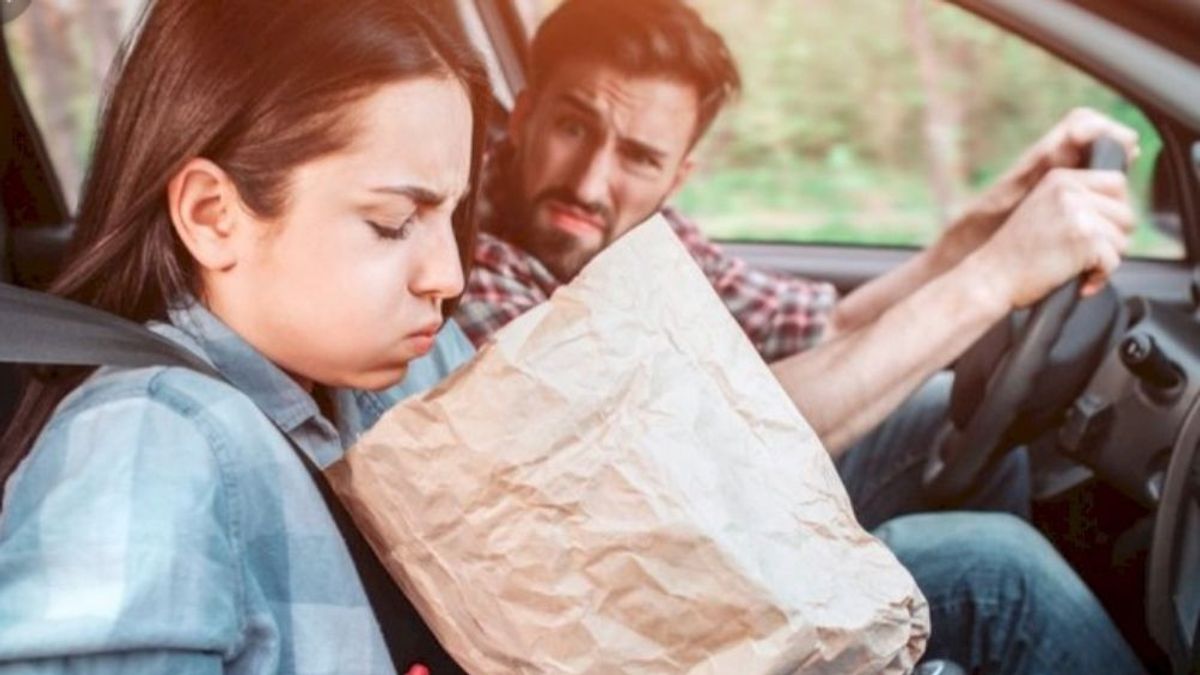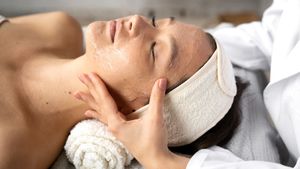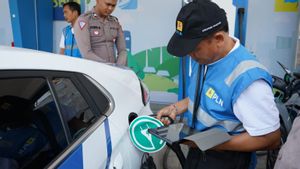
YOGYAKARTA How to prevent drunk travel is very important to know, especially for someone who will travel long distances, such as returning to their hometown aka going home.
Originally, motion-sickness was a common condition when someone traveled long distances.
Symptoms of travel drunk include cold sweat, dizziness, fatigue, headache, difficulty concentrating, increased saliva, nausea and vomiting, pale skin, and irregular breathing. Children may look more fussy when they experience motional motional motion.
Although harmless, drunk travel can interfere with the pleasure of the trip.
Adapted from the AI-Care page, drunk travel can occur when the movements you see are different from those felt by the inner ear.
When traveling either by land, sea, or air, you are in a stationary position, while the vehicle continues to move.
This condition makes the sense in the body such as the eyes and ears, as well as muscles and joints that feel the movement, receive different messages.
The eyes and ears feel that the body is experiencing movement. However, muscles and joints feel that the body is in a silent state.
The difference is then conveyed to the brain which then feels confused whether you are silent or moving. It is this confused reaction that causes you to feel symptoms of getting drunk traveling such as dizziness and nausea.
Still from the AI-Care page, here are a number of ways to prevent getting drunk on trips that you can practice while traveling long distances.
The best sitting position to prevent nausea during the trip is the front seat in the car or near the window. This position will keep you stable and can see the road well.
In addition, you also need to sit upright to reduce the movement of your head and body so that you can avoid the sensation of nausea and dizziness. Avoid sitting in a swaying place like behind because you are prone to triggering symptoms of motion sickness.
Eating excess food can make the digestive system work harder. This is done so that food can be absorbed perfectly in the body.
Well, the digestive system that works too hard will make the stomach feel full and bloating. It can also trigger the production of excess stomach acid so that you feel nausea and vomiting.
Eating excessively before traveling can cause a swollen stomach to shake. As a result, the symptoms of getting drunk with the trip get worse. To prevent getting drunk on a small and more frequent meal trip.
Sleeping in a vehicle can help prevent getting drunk from traveling because you will not feel the movement of a vehicle that causes incompatibility with the information received by the senses and brain.
In addition, sleep can help reduce stress and anxiety that can worsen symptoms of travel sickness.
VOIR éGALEMENT:
Ginger has long been used as a traditional medicine to reduce nausea and vomiting.
A number of studies show that ginger can be an option in reducing the symptoms of getting drunk on the road.
The ginger mechanism in reducing homecoming is through lowering stomach activity which is more than normal (takigastria).
As takigastria' activities decrease, food and fluids in the stomach move slower, which can help prevent nausea and vomiting. Ginger can also reduce the release of the vasopression hormone that increases when drunk on the road.
That's the information on how to prevent getting drunk. Hopefully this article can add insight to the loyal readers of VOI.ID.
The English, Chinese, Japanese, Arabic, and French versions are automatically generated by the AI. So there may still be inaccuracies in translating, please always see Indonesian as our main language. (system supported by DigitalSiber.id)














